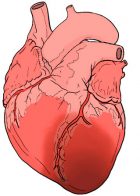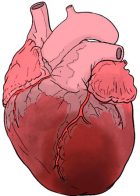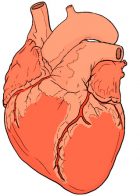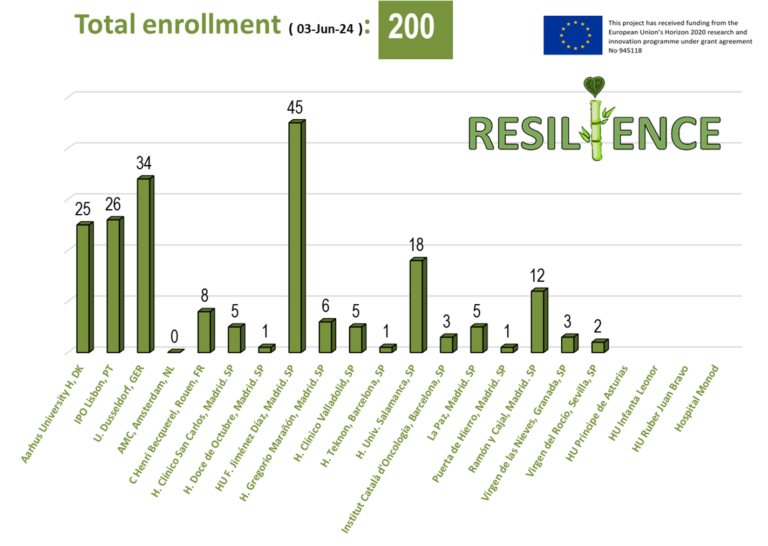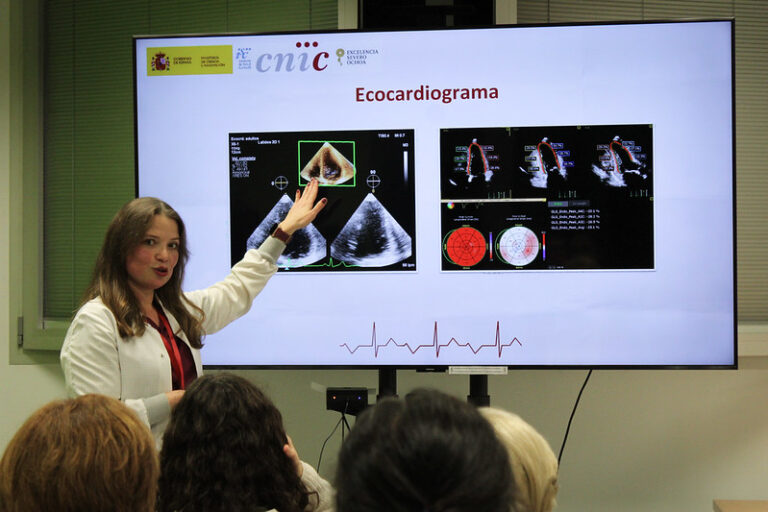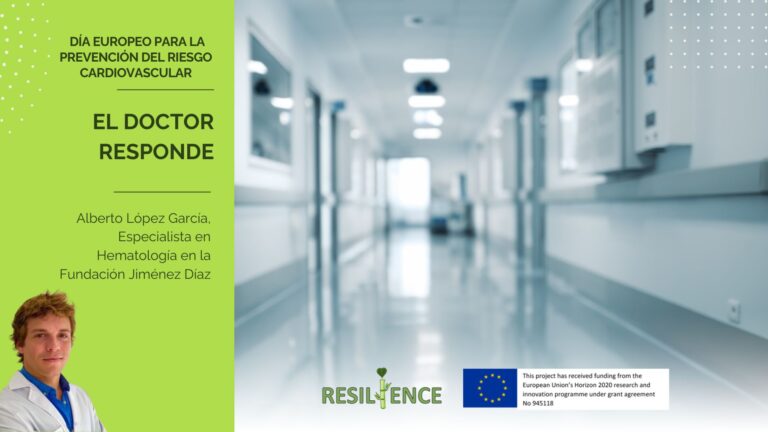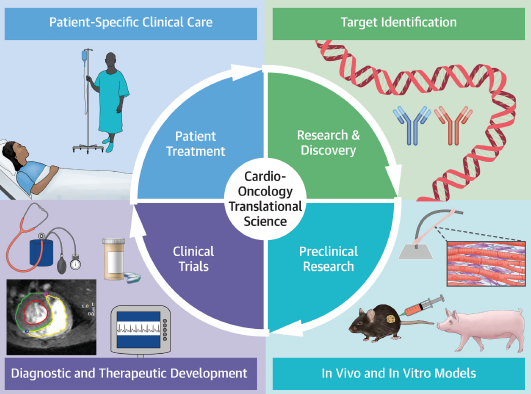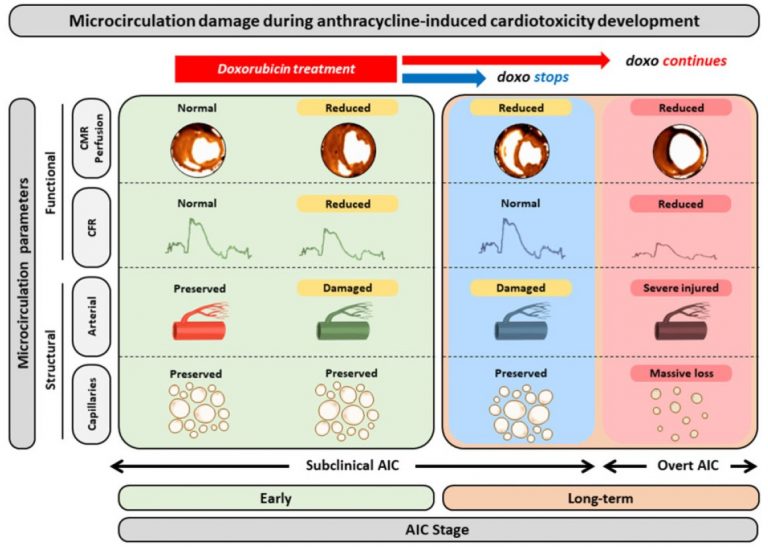The direct link between current cancer treatments and the development of heart failure in the future for people who receive them is an obstacle that we face, with the compromise that this implies in the quality of life of patients in the coming years and in its long-term survival. At RESILIENCE we work to break this barrier and reduce possible cardiac complications in cancer survivors.
In this article we would like to share with you a heart-healthy tool that can be practical for those people who have cancer or have overcome it, so that you may contribute for yourself to favor your cardiovascular system. It involves performing meditation exercises such as Yoga, Pilates, Tai Chi or mindfulness. This type of exercise not only improves physical well-being, affecting skeletal muscle function and improving strength, balance, flexibility and resistance; also, and to a large extent, the psychological one.
Importance of controlling stress
By practicing meditation exercises we might improve mental variables such as anxiety and depression and achieve favorable effects on stress control.
When we face stressful situations, our nervous system is activated, triggering a physiological response that includes an increase in blood pressure. This increase occurs to meet the increased demand for blood that our body perceives during times of stress. In addition, vasoconstrictor hormones are released, which have the effect of increasing both the pressure on the walls of the heart and in the blood vessels.
At its core, this stress response is an adaptive tool that keeps us alert and prepared to face challenges. However, when stress is chronic and persistent, it can contribute to the development of hypertension, thereby establishing a breeding ground for the development of heart disease.
Therefore, effectively managing stress may be a useful component that benefits long-term cardiovascular health.
Yoga for the heart
The practice of yoga can help reduce some cardiovascular risk factors, which may include overweight, blood pressure and cholesterol:
- Overweight reduction: Regular yoga practice involves a combination of physical postures, conscious breathing and meditation. This holistic approach tones muscles, improves flexibility and involves caloric expenditure by activating different muscle groups. In addition, practicing yoga regularly is associated with healthy modifications in other lifestyle habits (diet, hydration, sleep, etc.) that have a direct influence on the loss of body fat and overweight.
- Blood pressure: Yoga is characterized by placing significant emphasis on conscious breathing, a powerful tool that can contribute to the balance, to some extent, of blood pressure. This practice will not eliminate the medication necessary for high blood pressure, but controlled, deep breathing can help calm the nervous system and therefore decrease the stress response.
- Cholesterol levels: the benefits of yoga can also be extended to the lipid profile since the regular practice of yoga and the establishment of these linked healthy habits would positively influence cholesterol levels, with a possible reduction in LDL (“bad”) cholesterol. “) and a potential increase in HDL (“good”) cholesterol. This lipid balance, again, is essential for cardiovascular health, preventing plaque buildup in the arteries and reducing the risk of heart disease.
In conclusion, the practice of meditation can be a tool to guide those who practice it towards peace of mind and a possible tactic to contribute to reducing some of the risks linked to cardiovascular problems.

